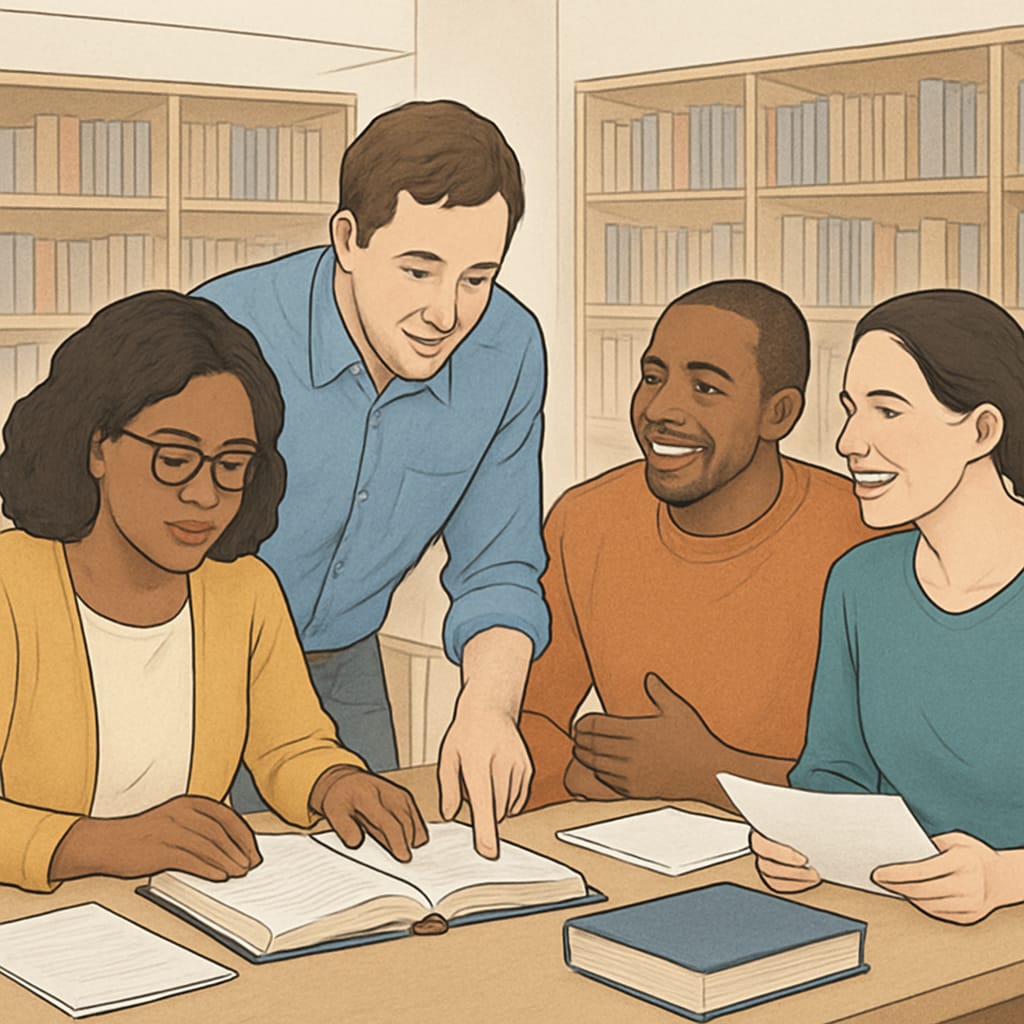For many adults, educational gaps caused by childhood challenges—such as being forced to leave school early—can have a lasting impact on their personal and professional lives. However, it is never too late to address these gaps and rediscover the joy of learning. This article explores practical strategies to self-learn foundational subjects like world history, while also offering psychological tips to help adults overcome the emotional barriers associated with returning to education.
Understanding the Impact of Educational Gaps
Educational gaps, especially those stemming from childhood interruptions, can lead to a lack of confidence, limited career opportunities, and difficulty engaging in conversations where foundational knowledge is assumed. For example, understanding world history is not only essential for developing a global perspective but also for connecting with others on cultural and historical topics.
As a result, many adults feel motivated to address these gaps later in life. The good news is that modern technology and resources have made it easier than ever to self-educate on a variety of topics, regardless of your starting point.

Steps to Begin Your Self-Learning Journey
Embarking on a journey to fill educational gaps can seem daunting at first, particularly if formal schooling feels like a distant memory. To make the process more manageable, consider the following steps:
- Set Clear Goals: Identify the specific knowledge you wish to acquire, such as mastering world history or improving math skills.
- Create a Study Schedule: Consistency is key to learning. Dedicate specific hours each week to studying.
- Start Small: Begin with introductory materials that provide an overview of your chosen subject to build a solid foundation.
- Use Diverse Resources: Leverage books, online courses, podcasts, and videos to engage with the material in various formats.
- Track Progress: Keep a journal or checklist to monitor your learning milestones and stay motivated.
Top Resources for Self-Learning
Thanks to the internet, a wealth of free and paid resources are available for adults seeking to self-educate. Below are some of the best platforms for diving into foundational subjects, including world history:
- Khan Academy: Offers free courses across a wide range of subjects, including history, math, and science.
- Coursera: Provides access to university-level courses, often for free or at a low cost.
- Encyclopedia Britannica: A trusted source for in-depth historical and cultural knowledge.
- Wikipedia’s World History Section: An excellent starting point for exploring historical events and themes.
Overcoming Psychological Barriers
For many adults, the decision to return to learning is not just a practical challenge but an emotional one. Feelings of inadequacy, fear of failure, or embarrassment about past educational gaps can create significant obstacles. Here are some ways to address these psychological barriers:
- Embrace a Growth Mindset: Understand that intelligence and skills can be developed through effort and persistence.
- Seek Support: Join online forums or local study groups where you can connect with others on a similar journey.
- Celebrate Small Wins: Recognize and reward yourself for each milestone you achieve, no matter how small.
- Practice Self-Compassion: Remind yourself that seeking education as an adult is a courageous and admirable step.

The Benefits of Rediscovering Education
Finally, it’s important to focus on the positive outcomes of addressing educational gaps. Beyond acquiring new knowledge, returning to learning as an adult can improve confidence, open up career opportunities, and enhance overall cognitive health. For example, studies have shown that lifelong learning can help prevent cognitive decline and build resilience against mental health challenges.
Moreover, diving into subjects like world history can foster a deeper appreciation for cultural diversity and global interconnectedness. By understanding the past, you can better contextualize the present and contribute meaningfully to conversations about the future.
Conclusion
Overcoming educational gaps as an adult is a challenging yet deeply rewarding journey. By setting clear goals, leveraging modern resources, and addressing psychological barriers, you can rediscover the joy of learning and unlock new opportunities for personal and professional growth. Remember, it’s never too late to invest in yourself and your education.


